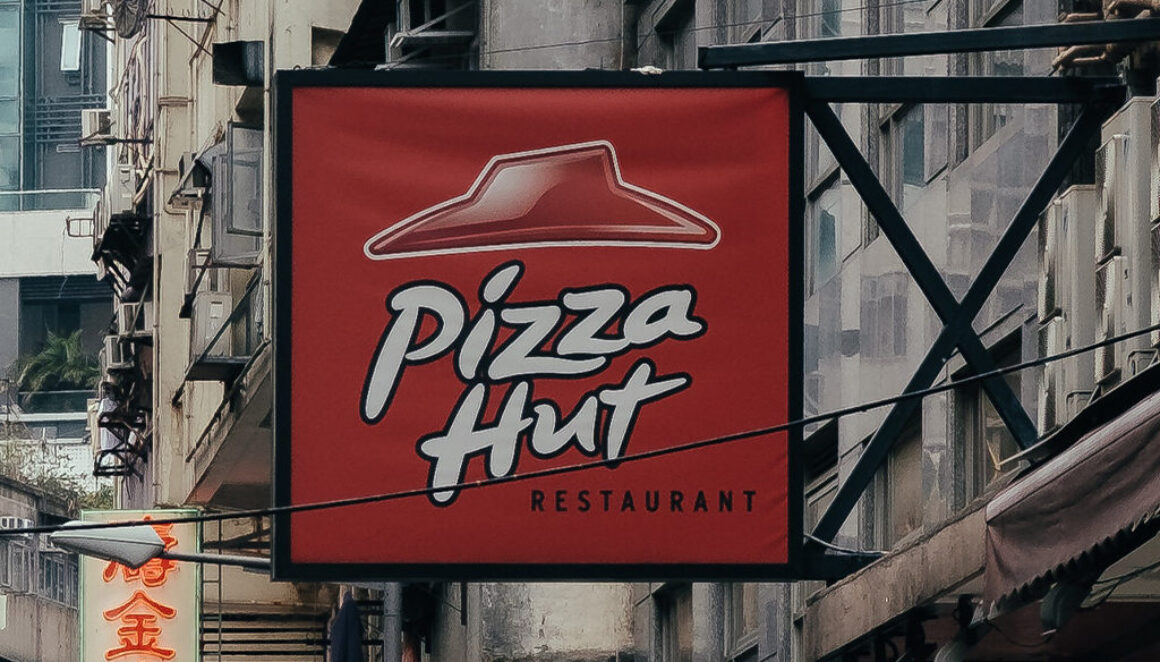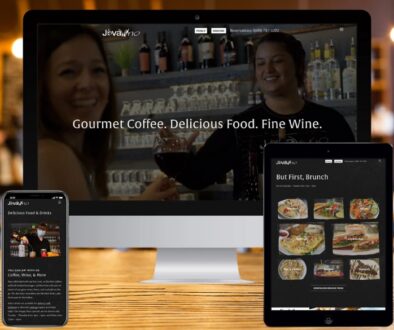Past Brand Name Changes that Failed
If Twitter is any gauge of consumer sentiments, the International House of Pancakes’ announcement Monday that it was changing its name to the International House of Burgers (colloquially: IHOP to IHOb) hasn’t exactly been met with a warm embrace. Granted, as many media outlets have ventured, the name change is temporary. It’s merely an effort by the 60-year-old chain to stoke everybody about its new “steak burgers” amid flattening pancake sales. In other words, the switch is just a play for attention.
Boy, did it generate that.
One rake quipped that IHOb really stands for the “International House of Bad Marketing.” Another observant consumer pointed out that the IHOb logo now bears a disturbing resemblance to o.b. tampons. Comedian Tim Young declared: “The first thing Chairman Kim and President Trump agreed on was that changing IHOP to IHOb was a terrible idea.”
The name change also left the door open for rival restaurant chains to get their zingers in. Perkins pointed out that it’s “been cooking up classic burgers for 60 years … no need to change our name to prove it.” And Burger King mockingly changed its name to Pancake King.
Say what you will about IHOb, the announcement did generate tens of millions of impressions for the company and no shortage of media attention. So if the name’s clunky, the marketing’s pretty smooth.
How the name change will ultimately play out remains to be seen, but one thing is certain: the former pancake house isn’t the first brand to toy with a quick name switch, nor the first to learn how complicated that tactic can be. IHOb joins a list of temporary names to come out of corporate marketing departments in recent years. Here were three designed to get publicity, and one aimed at avoiding it:
1. Pizza Hut becomes Pasta Hut
Back in 2009, Pizza Hut generated some heat when word got around that the chain was changing its name to just “The Hut.” The marketing department’s idea, according to a story in Adweek’s sister publication Brandweek, was only to encourage the “texting generation” to use The Hut as “common vernacular for our brand.”
But the public freaked out, and The Hut (sorry, Pizza Hut) tapped out a press release to quell the restless hoards. “Pizza Hut is not changing its name,” it said. “We are proud of our name and heritage and will continue to be Pizza Hut. We do use ‘The Hut’ in some of our marketing efforts.”
As though one name change didn’t cause enough trouble, the debacle over “The Hut” came just one year after a previous name change. In 2008, several Pizza Hut locations in the U.K.—and one in Dallas, Texas—changed their names to “Pasta Hut.”
Ostensibly an April Fool’s joke, the gambit went so far as to change actual exterior signage. As it turned out, that name change was part of a broader marketing effort to promote the chain’s new line of Tuscani Pastas. As then-CMO of Pizza Hut U.K. explained, the name change was “a bit of a shock tactic” calculated to “get people to feel differently about Pizza Hut.”
But all of that was nearly a decade ago and, last we checked, Pizza Hut was still just Pizza Hut.
2. Budweiser embraces America
In May of 2016, as the summer Olympics, the America’s Cup race, and the fall elections approached many Americans in America were feel especially American—which is apparently what prompted Budweiser, the most American of American beverages, to change its name to… America.
“We are embarking on what should be the most patriotic summer that this generation has ever seen,” explained Budweiser VP Ricardo Marques. So it only made sense to slap that name on those cold cans, which would be on shelves only until November. Corporate added—some what unnecessarily—the America name was meant to “inspire drinkers to celebrate America.”
Never mind that “America” can’t be trademarked, and that it’s generally thirst and barbecues—not patriotism—that gets people to reach for Budweiser. The move was hailed in marketing circles as a decent enough idea. After all, summer is when beer sales pick up anyway, and what better brew to tear open on the Fourth of July than one called America?
Too bad many members of the public didn’t quite agree. Some pointed out that Budweiser’s parent AB InBev is based in Belgium, not America. As an editorial in the Chicago Tribune put it, “Budweiser is the last beer that should call itself ‘America.’”
3. Netflix learns a ‘Qwick’ lesson about a new name
Way back in 2011, when some consumers still liked to rent DVDs but video streaming was obviously the future, the brass at Netflix made the fateful decision to split its service in two. From July 11 forward, customers would have to choose between two different services. Netflix would continue to serve customers who wanted their videos streamed, and those who still liked to get DVDs sent to them in the mail would become the customers of a new brand called Qwikster.
It would be a name change that would end up being changed back—very, very qwikly.
The split wasn’t just confusing, it forced some 12 million customers who liked both services to ante up for two different accounts, each with its own domain names and (higher) fees. The consumer revolt began immediately. Within two months, the company’s stock had lost half its value. All told, some 800,000 subscribers fled. By September 18, founder Reed Hastings admitted in a blog post that he had “messed up.” Qwikster was led out behind the barn.
While most consumer ire focused on the logistical confusion and added costs of the split, the new name itself didn’t help. Annoyingly evocative of the ill-fated Friendster, Qwikster seemed to rub everyone the wrong way. “Did we spell Qwikster in a normal way? No, we didn’t!” proclaimed the parody on Saturday Night Live. An opinion piece in the Washington Post explained it thus: “I want to come up with a stupid name no one will be able to spell or remember.”
4. British Petroleum tries to go beyond petroleum
Eighteen years ago, British Petroleum launched a $200 million rebranding campaign aimed at getting consumers to view the oil giant as being environmentally friendly. The result: Beyond Petroleum. It wasn’t a formal name change, (Technically, British Petroleum became BP Amoco in 1998, and then just BP in 2000) but the import was clear. Since many people didn’t really know what BP stood for anyway, Beyond Petroleum was a pretty clever swap in, even if it was just a tagline.
Regrettably, it wasn’t such a hot idea. A series of environmental disasters, including the 2005 explosion at BP’s Texas City refinery, a 2006 pipeline leak at Alaska’s Prudhoe Bay, and the 2010 explosion of the Deepwater Horizon offshore rig in the Gulf of Mexico spattered oil all over the company’s image. By 2013, the company’s decisions to divest itself of its holdings in solar and wind power made it pretty clear that BP wasn’t really moving beyond petroleum at all.
These days, a search for “beyond petroleum” on BP’s website yields no results.
Source: adweek.com




